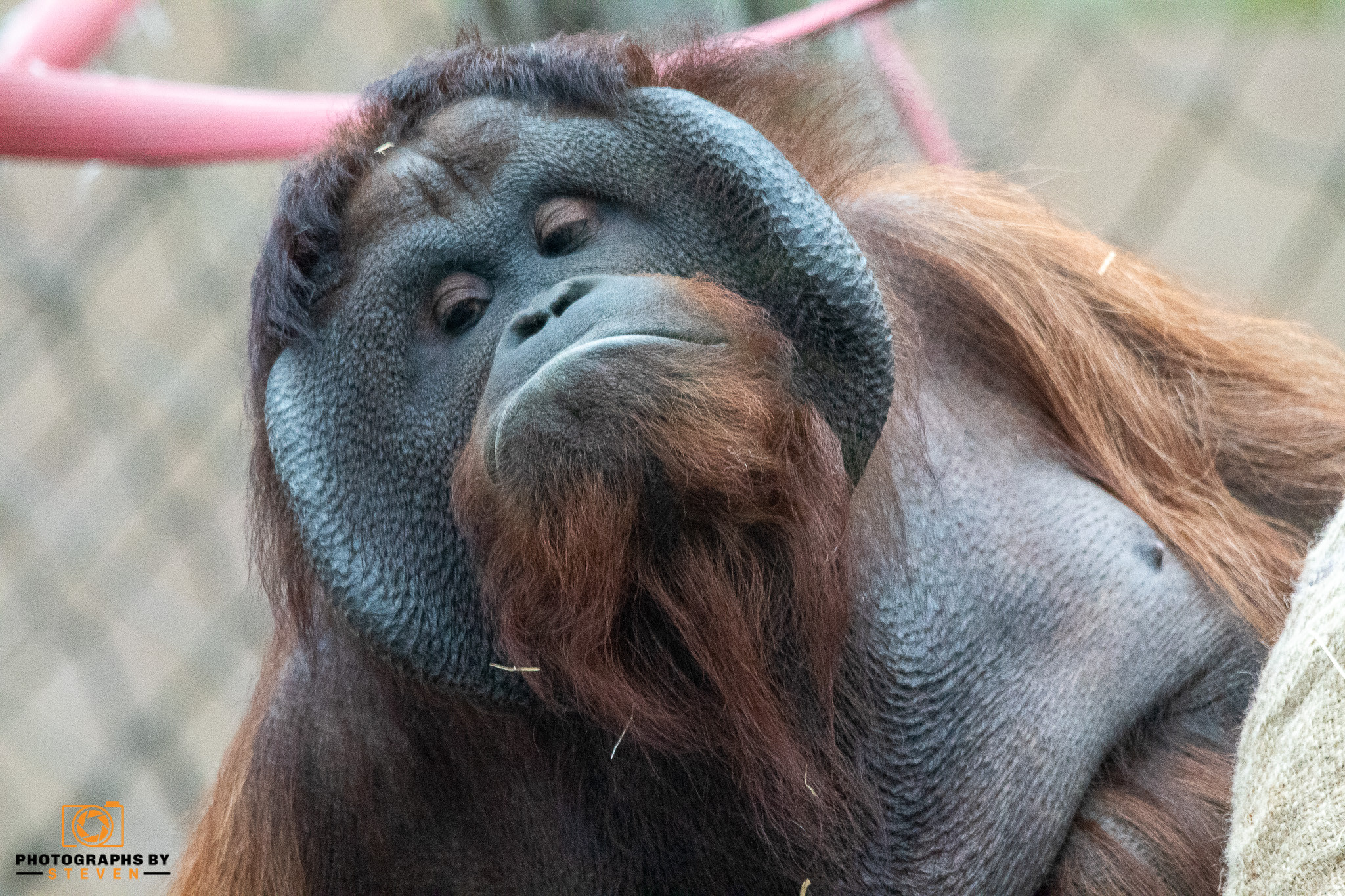Undoubtedly, African Lions are the second largest cat on earth with Siberian tigers being on top. African lions (also known as Panthera leo) are born warriors symbolising eternal strength, power, and ferocity.
These African cats are the only big cats who live in a group called a Pride. These animals come from the cat family and can live in almost every habitat except tropical rainforests and deserts. In addition to this, these big cats can live without water for 2-3 days if required.
Not only this, when it comes to preventing the pride from unforeseen attacks, the male cat acts as a guardian for the whole pride by patrolling at their marked territories, marked with their scented claws, leading 90% of the adult female cats to hunt for the pride. It is also said that the male lions can only entertain their control over the pride for 4 years only.
Appearance and habits
A fully grown African lion generally weighs around 180-190 kgs (400–500 pounds) whereas the female African lion weighs around 120-130 kgs (250–350 pounds). In a day of 24 hours, these African lions spend a major part of their day sleeping which can be up to 18 hours a day!
Quick question! What would you do if you ever encountered an African lion? Well, I believe you would surely run and this reminded me of another fact that these cats are toe-walkers which means their heels do not touch the ground and eventually lead to a good run when needed.
Surprisingly, these are the only animals in the cat's family to have tasseled tails. Their long canine teeth have incisors in front, and carnassial teeth at the back help these African lions to get a good grip over us, Oops! I mean their food.
Lioness and Nurturing their lion cubs
Usually, a lioness stays with pride for her whole life but in case she leaves the pride, then there is no coming back for her and unfortunately, the lioness usually survives for a shorter period only. Apart from this, most male African lions leave their pride when they are a few years old.
The cubs stay with their mother for around six weeks until they are old enough to follow the pride and protect themselves. The Lionesses (being the mum of the family) make sure to hunt for food and protect their cubs simultaneously from danger and being prey to other animals.
While male lions do not directly participate in parenting, they protect the pride's cubs from danger by patrolling the territories. Well, this is what all fathers do, right? Such a warrior.
Another interesting fact that will be good for a pub quiz is - The African lion cubs are also called “whelps” or “lionets”. That does not sound as mighty as they can be!
Insanely exciting facts about African Lions
Well, imagine love turning into a tragedy? There are people around the globe who pet lion cubs. These cat families have rough tongues which makes it easier for them to tear the flesh of their prey. So, just in case, a lion licks the back of your hand for a few seconds, then probably the skin would peel off from the hand and you will surely bleed.
And when it comes to a race, these big cats can cover 50 miles an hour (Twice the speed of Usain Bolt!). It has also been recorded that they can jump up to 36 feet and when it comes to stretching time, they can stretch up to 10 feet in length. Amazing!
A lion’s pupil is threefold in size of that of a human’s eye. But as they cannot move their eyes side to side easily, they move their entire head when it needs to look in different directions. Am I the only one getting goosebumps?
Communication is the basis of socialising. When the pride needs to communicate with each other they roar, growl, moan, and grunt as per the situation they are in. A fully grown African lion’s roar is kind of frightening and can be heard from 5 miles to 8km of distance. If we talk about the biggest mouths in our animal kingdom, then the first place is bagged by the African lions who can open their jaws up to 1 foot, (larger than an average human head).
All in all, attention should be paid to negative human-lion interactions, habitat restoration, and public concern for lion conservation to ensure the future of African wildlife. Conserving African lions faces many challenges, but with the right actions it is clear that the lion species will, I hope so, survive and thrive in the future.



Leave me a comment
Thank you for reading my post, if you want to leave a comment, you can do so below.